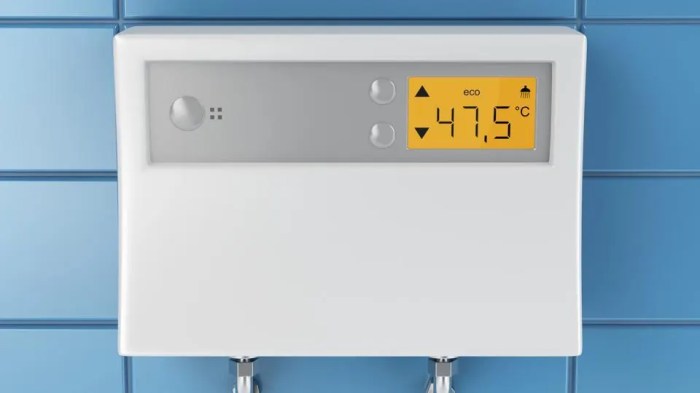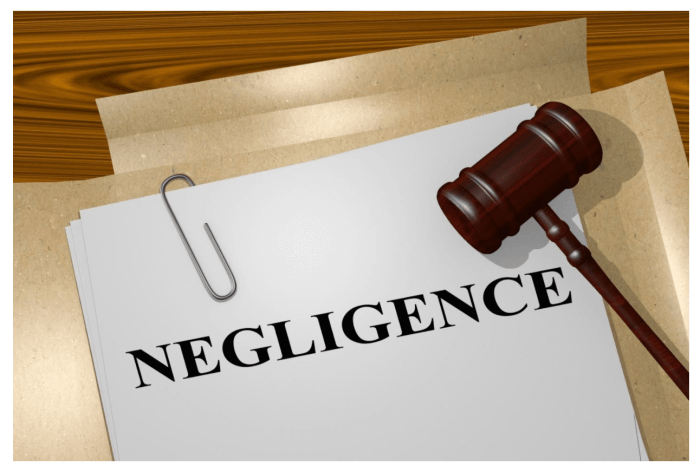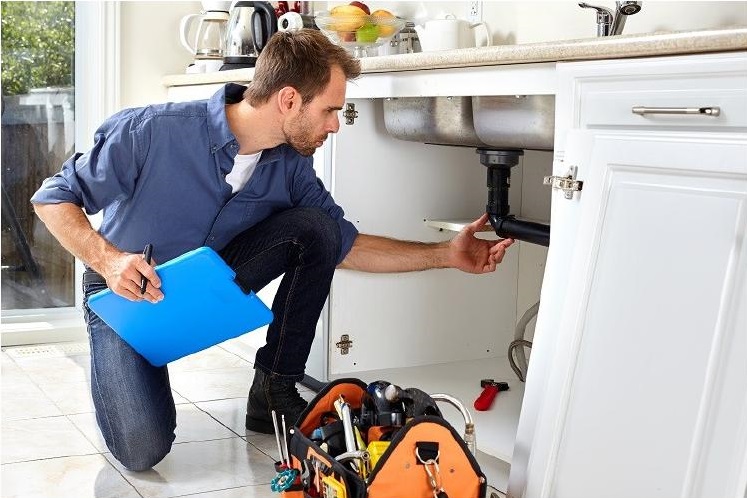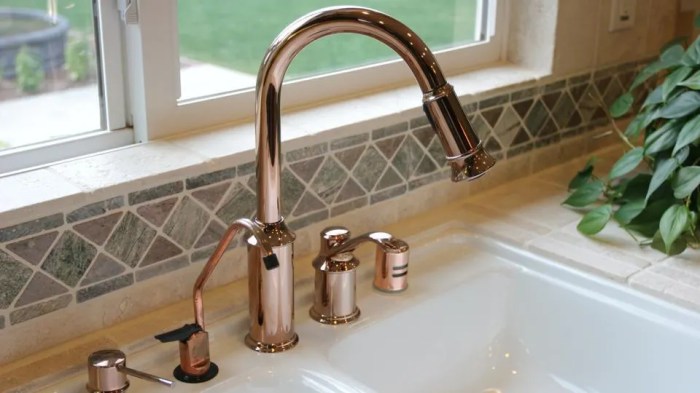How to sue a plumber for negligence – Negligence can have severe consequences, and when it comes to plumbing, the stakes are high. Understanding your legal options is crucial. This comprehensive guide will provide you with a step-by-step approach to suing a plumber for negligence, ensuring you receive the compensation you deserve.
Negligence in plumbing can manifest in various forms, such as faulty installations, improper repairs, or delayed responses to emergencies. Establishing causation and damages is essential to building a strong case.
Understanding Legal Grounds

To successfully sue a plumber for negligence, it is crucial to establish a solid legal basis. Negligence in the context of plumbing services involves a breach of duty of care, resulting in harm or damages to the property or individuals.
Establishing Negligence
- Breach of Duty:Plumbers have a legal obligation to perform their services with reasonable care and skill, adhering to industry standards and regulations.
- Causation:It must be demonstrated that the plumber’s negligent actions directly caused the damages or injuries suffered.
- Damages:The plaintiff must prove that they have suffered financial or physical harm as a result of the plumber’s negligence.
Examples of Negligent Actions by Plumbers
- Failure to properly diagnose and repair plumbing issues, leading to further damage.
- Installation of defective or substandard materials, resulting in leaks or other problems.
- Negligent handling of gas lines, causing explosions or fires.
- Failure to obtain necessary permits or inspections, leading to safety hazards.
- Causing damage to property or personal belongings during plumbing work.
Gathering Evidence

To support a negligence claim against a plumber, it is crucial to gather substantial evidence to prove the plumber’s negligence and the resulting damages. This evidence can include physical evidence, such as receipts, invoices, and photos, as well as expert witness testimony to provide technical support.
Preserving Physical Evidence
Physical evidence, such as receipts, invoices, and photos, can serve as valuable documentation of the work performed by the plumber and the damages caused by their negligence. It is essential to collect and preserve this evidence promptly to prevent its loss or damage.
- Receipts and Invoices:These documents provide proof of the work performed by the plumber, the materials used, and the amount charged. Keep all receipts and invoices related to the plumbing work in a safe place.
- Photos:Photos can document the condition of the plumbing system before and after the work was performed, as well as any visible damage caused by the plumber’s negligence. Take clear and detailed photos of the plumbing system, including any leaks, cracks, or other issues.
Expert Witness Testimony
In cases involving complex plumbing issues, expert witness testimony can be invaluable in providing technical support for the plaintiff’s claim. An expert witness can assess the plumbing system, determine whether the plumber’s actions were negligent, and explain the cause and extent of the damages.
- Qualifications:The expert witness should be a licensed and experienced plumber with specialized knowledge in the area of the negligence claim. Their qualifications and experience should be thoroughly reviewed before retaining them as an expert witness.
- Testimony:The expert witness can provide testimony on the standard of care for plumbers, whether the plumber’s actions deviated from that standard, and the cause and extent of the damages caused by the plumber’s negligence.
Filing a Lawsuit

Filing a lawsuit against a plumber for negligence involves several key steps. It is crucial to understand the legal process and the role of a lawyer in pursuing a successful claim.
Step-by-Step Guide to Filing a Lawsuit
- Consult an Attorney:Seek legal advice from an experienced lawyer specializing in personal injury or negligence cases. They will assess the merits of your case and guide you through the legal process.
- File a Complaint:Draft a formal complaint outlining the negligence allegations, damages suffered, and the relief sought. File the complaint with the appropriate court, typically the district or superior court in the jurisdiction where the incident occurred.
- Serve the Defendant:The complaint and a summons must be served on the plumber (defendant) to notify them of the lawsuit. This is typically done by a process server.
- Discovery:Both parties engage in discovery, a process of exchanging information and documents relevant to the case. This includes interrogatories, depositions, and requests for production of documents.
- Negotiation and Settlement:Attorneys may negotiate a settlement agreement to resolve the case without going to trial. If a settlement cannot be reached, the case will proceed to trial.
- Trial:If a settlement is not reached, the case will go to trial. A judge or jury will hear evidence and determine whether the plumber was negligent and liable for the damages.
Role of a Lawyer
A lawyer plays a vital role in a lawsuit. They will:
- Assess the case and advise on the legal options.
- Prepare and file the complaint and other legal documents.
- Represent the client in court and during negotiations.
- Gather evidence and interview witnesses.
- Protect the client’s rights and interests throughout the legal process.
Potential Costs and Timeframes
The costs and timeframes involved in a lawsuit can vary significantly depending on the complexity of the case, the jurisdiction, and the willingness of the parties to settle. Attorney fees, court costs, expert witness fees, and other expenses can add up.
The timeframe for a lawsuit can also vary, but it typically takes several months or even years from filing the complaint to reaching a resolution.
Pursuing Compensation: How To Sue A Plumber For Negligence

Pursuing compensation in a negligence lawsuit against a plumber involves understanding the types of damages available and the processes for negotiating a settlement or enforcing a judgment.
Types of Damages, How to sue a plumber for negligence
- Compensatory Damages:These aim to compensate the plaintiff for actual losses, such as property damage, medical expenses, and lost income.
- Punitive Damages:Awarded in cases of gross negligence or willful misconduct to deter future similar actions.
Negotiating a Settlement
Settlement negotiations involve discussions between the plaintiff and defendant’s legal representatives to reach an agreement on compensation without going to trial. Factors to consider include:
- Liability: Establishing the plumber’s negligence and responsibility for damages.
- Damages: Quantifying the plaintiff’s losses and potential compensation.
- Settlement Amount: Determining a fair and reasonable settlement based on the damages and other factors.
Enforcing a Judgment
If the plumber does not comply with the settlement or judgment, the plaintiff can enforce it through legal means:
- Garnishment of Wages:Court order to deduct money from the plumber’s wages to satisfy the judgment.
- Property Lien:Legal claim against the plumber’s property to secure payment.
- Contempt of Court:Legal action against the plumber for disobeying the court’s order.
Detailed FAQs
Can I sue a plumber for emotional distress?
Emotional distress damages are generally not recoverable in negligence cases unless they are severe and directly caused by the plumber’s negligence.
What is the statute of limitations for suing a plumber for negligence?
The statute of limitations varies by jurisdiction, but it typically ranges from two to six years from the date of the negligent act or omission.
What if the plumber denies negligence?
If the plumber denies negligence, you will need to present evidence to support your claim. This may include expert testimony, witness statements, and physical evidence.
